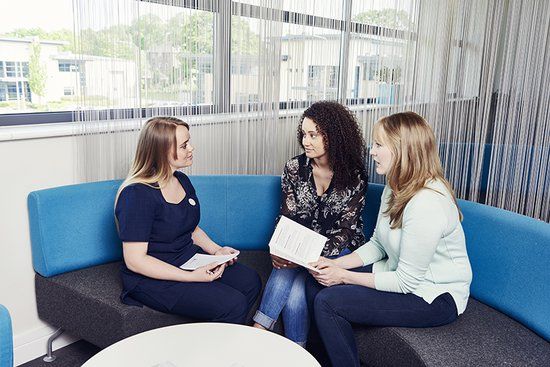With NHS Primary Care Trusts cutting funding for IVF across the UK, more infertile couples than ever are left with the only option of going private if they need fertility treatment.
Some couples will now get no NHS-funded IVF cycles at all, whilst others will have to put all their hopes on only one ‘free’ IVF cycle instead of the three cycles which NICE recommends.
If you’re affected, you may be wondering what options are open to you now. Private fertility treatment isn’t cheap, but there is one way you can help reduce the costs of private IVF if you’re prepared to become an egg-sharer.
This is where you share some of your eggs, which aren’t being used for your own treatment, to help other infertile women. There is a desperate shortage of donor eggs in the UK and so if you’re willing to donate some of yours, in return you will get a cycle of IVF with us at a heavily-subsidised rate of £500 – the usual cost is over £2,000.
Our egg-sharing scheme has become more and more popular over the past few months as more PCTs have cut funding for IVF. It has given renewed hope to couples who thought they would have to save for months to afford treatment.
Many egg-sharers see sharing their eggs as a small price to pay. They not only get their treatment cheaper, but the fact that at the same time they are giving hope to another couple brings a tremendous sense of achievement. They are already going through IVF treatment anyway, so are aware of the risks of taking the drugs needed to boost egg production.
Our egg-sharers still need to be counselled by our team – as do our donor egg recipients – because it is still a major decision. There are other factors to be considered apart from the benefit of cheaper IVF treatment, such as the fact that as an egg donor, any children born from your eggs can apply for information to contact you when they turn 18.
If you’re interested in becoming an egg-sharer, you must be aged 35 or under. Visit our egg-sharing page for more information or click here for details of what being an egg donor involves.
Last updated: 20th January 2020



